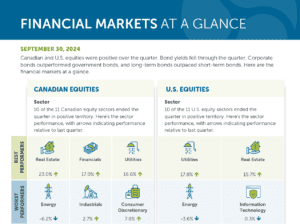Hey, Insurers: Offer Estate Planning at Scale

What You Need to Know
In 2019, 40% of U.S. adults had a will.
In 2021, after the COVID-19 pandemic started, 32.9% had a will.
The author says existing estate planning services perpetuate procrastination.
With Valentine’s Day approaching, many of us will take the opportunity to remind our partners that we love them and care about them. Romance, not pragmatism, will be the underlying motif. If history is any guide, very few will give our partners the ultimate sensible and enduring gift: a will or estate plan that can help them financially if we shuffle off our mortal coil before they do.
Slightly less than half of all adult Americans (46%) have a will that describes how they would like their money and estate to be handled after their death, according to a 2021 Gallup Poll. That leaves about 145 million adult Americans without any plan for their estate when they die.
That same poll shows that the needle on estate planning has barely moved in the last 30 years.
Even the COVID-19 pandemic has not provided enough incentive to spur more legacy planning. In 2019, 40% of U.S. adults had a will; that percentage dropped to 32.9% in 2021.
What Your Peers Are Reading
We can infer from the data that we humans are highly vulnerable to procrastination when the topic is our mortality. We don’t want to face the inevitable. And, even when we do, the legacy process of creating a will or estate plan is onerous, time-consuming, and costly. There are legal fees and visits, document creation and iteration, and all of it requires “rinse and repeat” — including more costs — every time a life event prompts a change to our legacy plans.
The Digital Makeover
Like so many other industries, estate planning has undergone a digital makeover. Multiple online, do-it-yourself estate planning products have come to market in the last few years.
By and large, these are entirely consumer-directed products. They don’t offer platform integration elements that might allow for large institutions to integrate and offer estate planning capabilities to their captive customer bases under their brands. Most of these online products support legal document generation only; they are not designed to comprehensively accommodate ever-changing life events like marital status change, relocation, change in financial or health status, and so on.
Many of the products charge users for each legal document created or downloaded. These additional barriers fuel procrastination on what is arguably the most necessary set of actions all adults must take to ensure the financial well-being of their loved ones.
In any case, the Gallup data proves the products are not moving the needle much, if at all.
But what if estate planning offers were designed expressly to allow insurers, banks, financial advisory institutions, and employee benefits companies to easily extend digital DIY estate planning to their clients under their brands?






